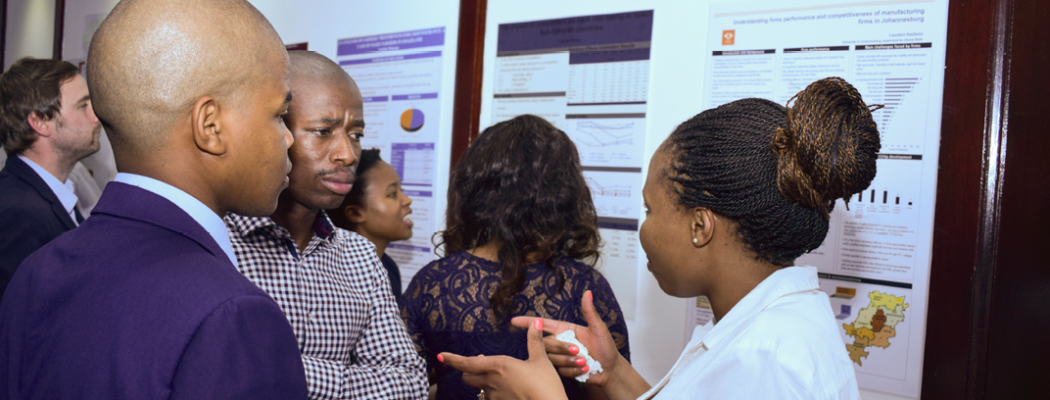SA-TIED policy dialogue – Funding social policy priorities amid economic inequality in South Africa
On 25 June 2021, the SA-TIED programme will host its fourth online policy dialogue as part of its SA-TIED Dialogues – Research into Policy series.
This policy dialogue will be hosted under the work stream Turning the tide on inequality and will discuss social policy priorities to combat economic inequality in South Africa.
While notable progress has been made in tackling extreme poverty in South Africa over the last two and a half decades, there has been little progress in tackling income inequality and unemployment. Both remain amongst the highest in the world. The effects of structural inequality have been aggravated by the onset of the COVID-19 pandemic, with recent SA-TIED research noting that the first wave of the pandemic in early 2020 saw an increase in poverty and inequality.
It is most inopportune that these crises run in parallel with particularly fiscally tight times, with debt and debt-service costs rising at such a pace as to threaten to crowd out service delivery. It is important at this crucial juncture to explore all ways to stem declines in tackling poverty, inequality, and unemployment. Barnes et. al. find that government’s emergency relief measures were able to mitigate the worst economic losses for the poorer deciles (although by a relatively small rand amount and from a very low base). But these emergency relief measures have now ended even though the pandemic is not over, and its negative economic consequences will endure at least into the medium run.
It is in this context that the policy dialogue will bring together subject matter experts to discuss novel areas of resource mobilization that can subsequently fund critical spending priorities needed to stem the deterioration of lives and livelihoods and build a platform to support a productive citizenry with rising living standards.
More specifically, the policy dialogue will look to discuss the following:
- The pandemic has led to a sharp decline in tax revenues. Amidst this environment, are there feasible, previously underutilized areas from where additional tax revenues could be sought?
- While recognizing the progressivity of South Africa’s tax system, could this nonetheless be enhanced given South Africa’s long-standing and persistent asset and wealth inequalities?
About the policy dialogue
The policy dialogue will begin with a synthesis of research findings produced under the work stream on Turning the tide on inequality by Murray Leibbrandt, Professor of Economics at the University of Cape Town and a Non-Resident Senior Research Fellow at UNU-WIDER.
Following the synthesis presentation, speakers will dive into the main topics listed above. The discussion will be moderated by Mashudu Masutha, media liaison for South Africa’s Minister of Finance.
Speakers
Aroop Chatterjee, research manager at the Southern Centre for Inequality Studies
Aroop Chatterjee is the research manager on wealth inequality at the Southern Centre for Inequality Studies, University of Witwatersrand, South Africa. His research focuses on wealth inequality, elites, and policy. He was formerly the labour economist at National Treasury.
Leo Czajka, PhD candidate in economics at UCLouvain
Leo Czajka is a PhD candidate in economics at UCLouvain. He is also a research fellow of the World Inequality Lab. His focus is on tax, administration, and inequality in sub-Saharan African countries.
Amory Gethin, PhD candidate at the Paris School of Economics
Amory Gethin is a PhD candidate at the Paris School of Economics and a research fellow at the World Inequality Lab. He co-founded and manages the World Political Cleavages and Inequality Database. His research focuses on the interplay of economic inequality, redistribution, and political conflict in comparative and historical perspective.
Mamiky Leolo, senior official at SARS
Mamiky Leolo is a senior official at the South African Revenue Service (SARS).





